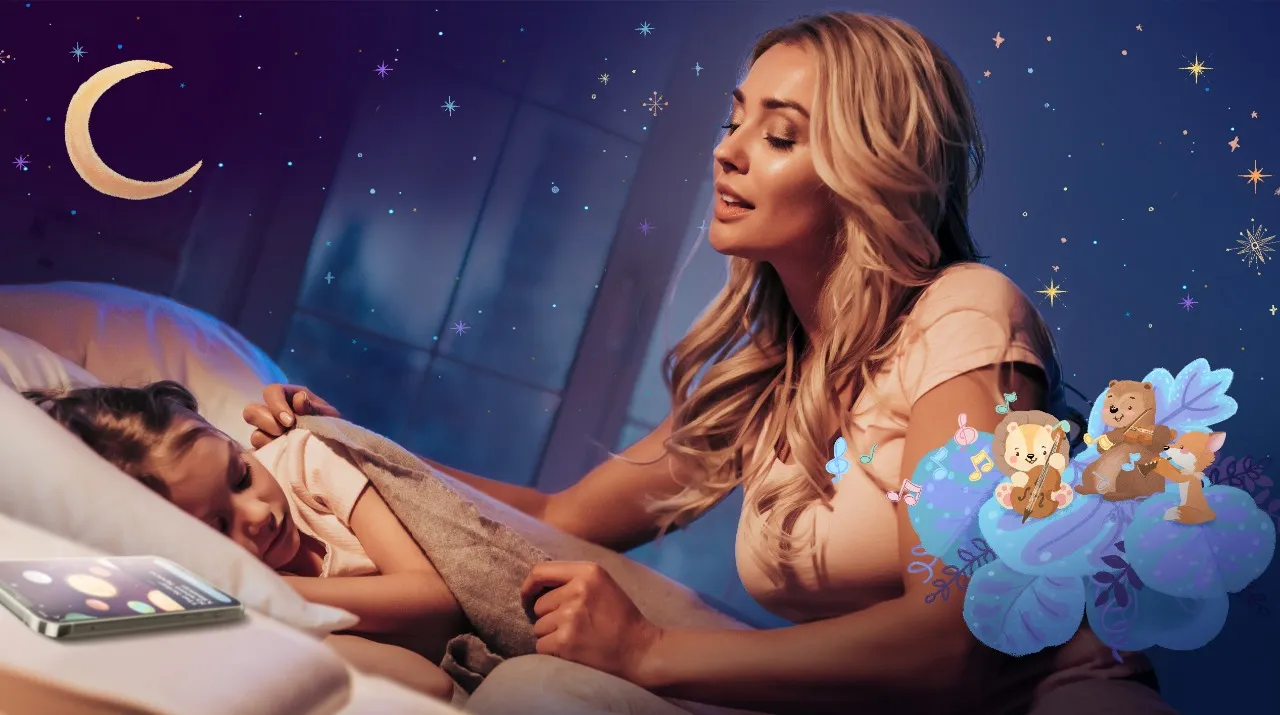In case you didn’t already know, too much screen time can be extremely detrimental to your little one. Screen time can contribute to decreased melatonin production, vision problems, mood swings, increased tantrums, sadness and depression.The light from screens decreases melatonin production (the sleep hormone) making it harder to fall asleep and stay asleep. Screen time (especially video games) leads to the release of dopamine (the happy hormone) making it harder for children to feel happy without the screen. Improper posture when using devices can also affect children’s posture and muscles, causing pain. Lastly, the overuse of technology and screens not only increases stress, violence and emotional outbursts in children, but lowers social skills, and necessary coping mechanisms.That is why screen time must be controlled. Here is the recommended amount of screen time by age as recommend by the World Health Organization (WHO) and American Academy of Pediatrics (AAP):Under 18 months - zero screen time, except for the occasional Facetime to loved ones.
.webp)
- Toddlers (18 months – 24 months) –very limited to no screen time. Limit screen time with your toddler to an hour or less daily. Make sure content is highly educational and watch with them.
- Preschoolers (3-5 years old) - 1 hour per day – Try to to plan TV time in advance and limit its use as a distracting or calming method. Children at the age can now connect with characters, replace the screen with a book or toy of their favorite character.
- Elementary School Aged (6-10 years old) – Between 1-1.5 hours – Continue to limit and educate your child on balance and responsibility when it comes to screen time. Monitor what content they are consuming, making sure it is age appropriate.
- Middle School Aged (11-13 years old) – Children at this age can now understand the idea of balance and are able to make their own decisions. Teach your child that anything in excess can be bad, including screen time.Remember the best use of screen time is as a family, watching a movie or playing a game. It is important to note: Green time > screen time.If your child is suffering symptoms such as: trouble falling asleep, sleeping or problems with their vision. Try turning off the screen and try Storybook to help your child get the rest they deserve. A relaxing massage and bedtime story is the best remedy. If problems persist, consult your pediatrician. Sources: Eyepromise
{{cta('69d9d5bd-c380-496b-98b4-9aa8266f2b9e')}}

Written By
Francisco Cornejo, a dynamic entrepreneur with a Masters in Communication from RMIT University in Australia, is the Co-Founder and CEO of Storybook. As a serial entrepreneur, he notably served as the Chief Marketing Officer at Honda Motors in Latin America, shaping the brand's regional presence. Passionate about family well-being and communication, Francisco leads Storybook in its mission to improve children's health globally, aiming to create positive impacts in both corporate and societal spheres.
References





_11zon.webp)

